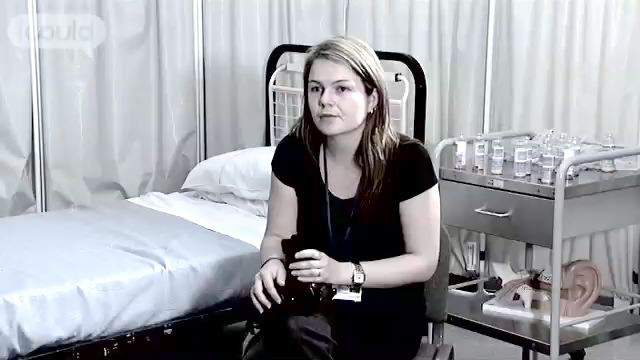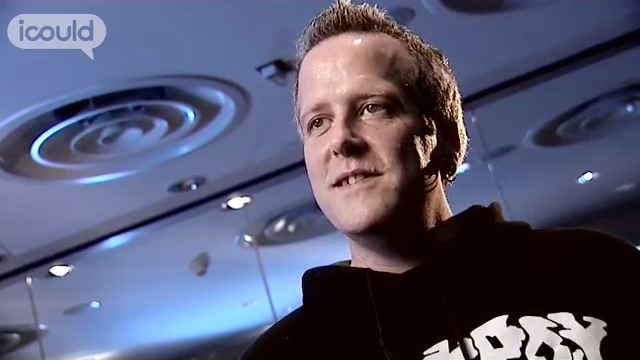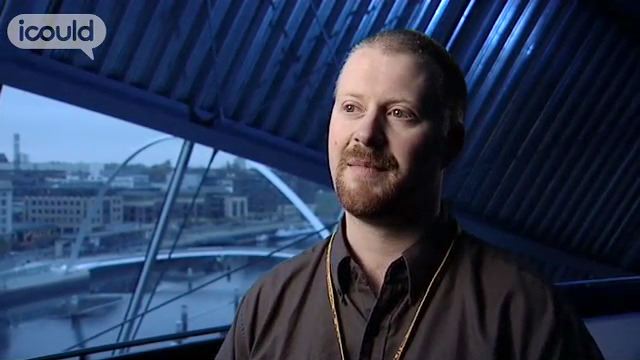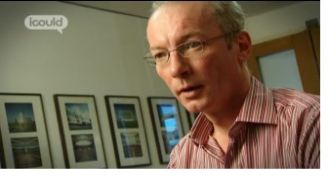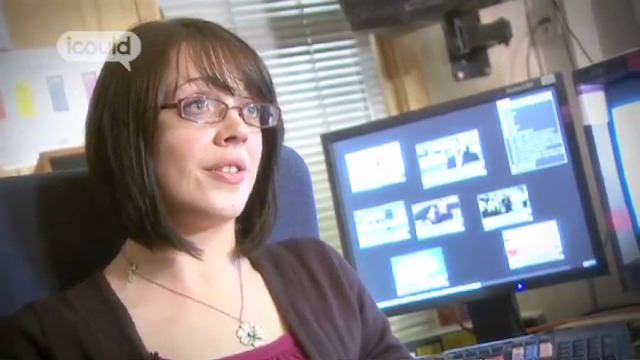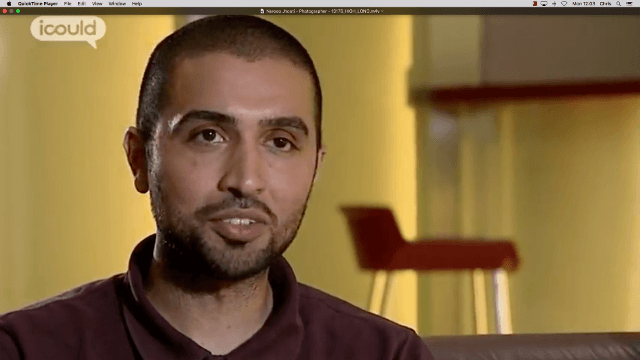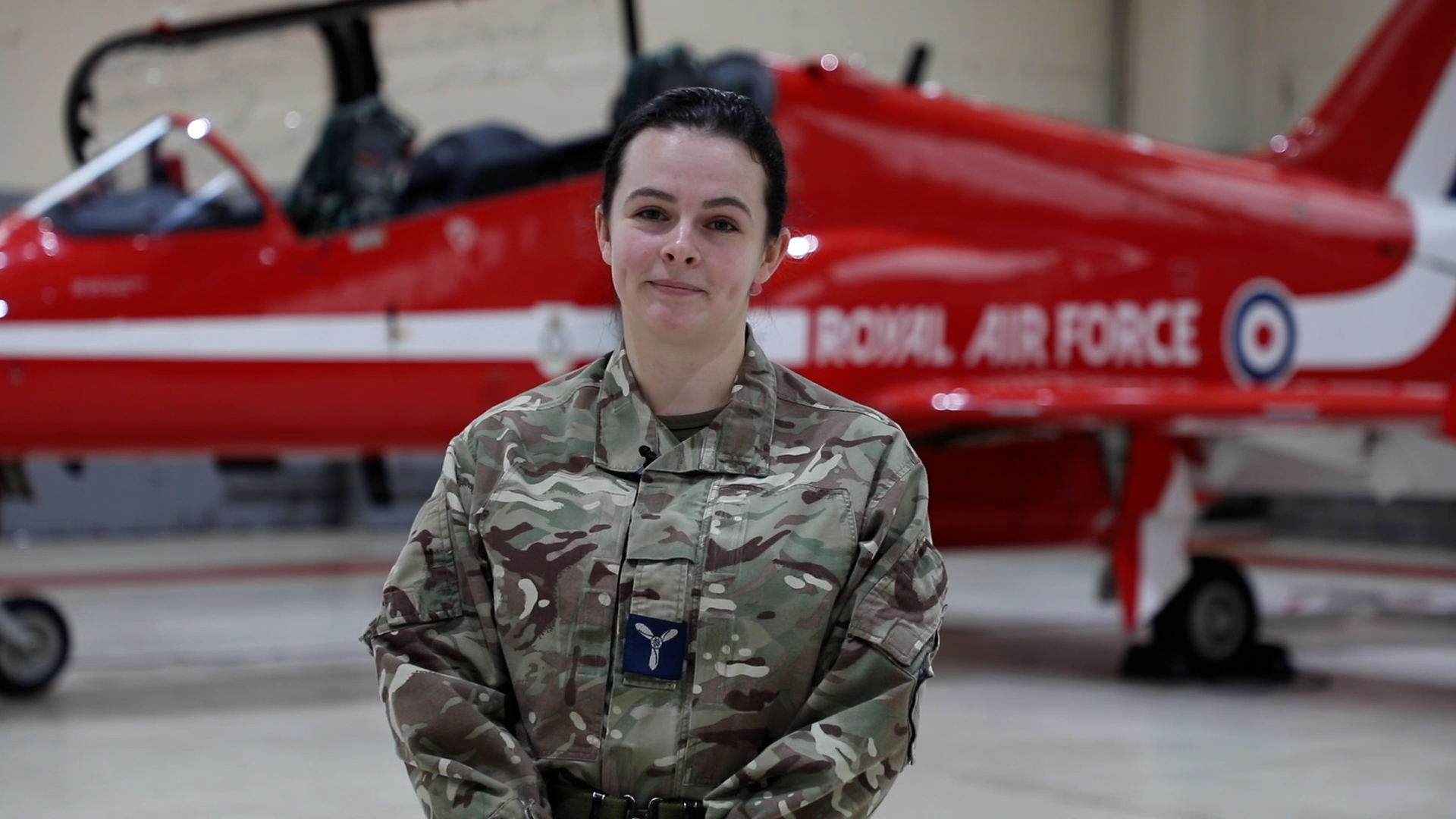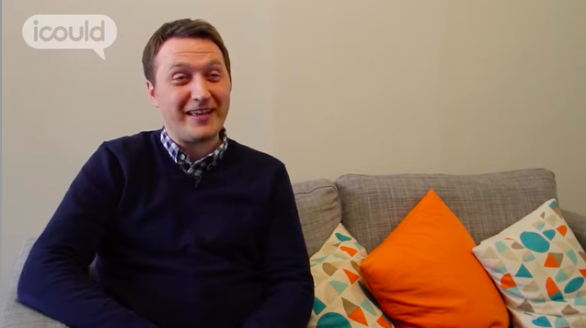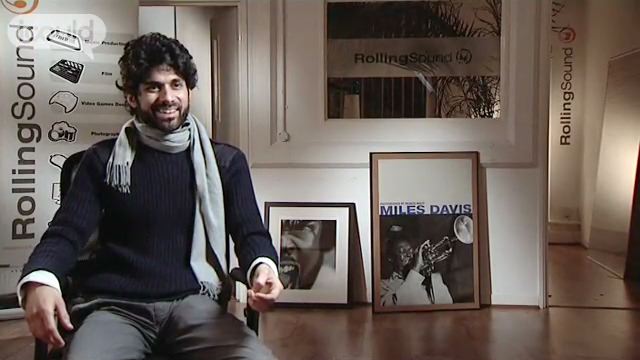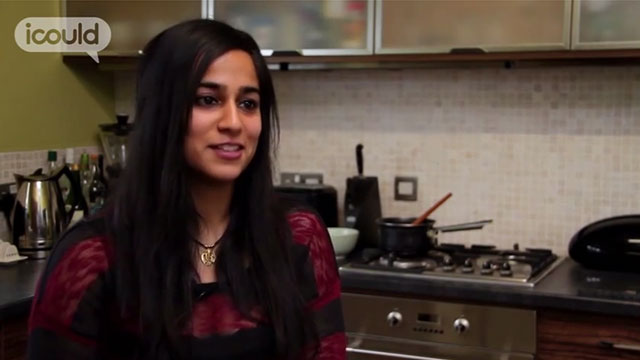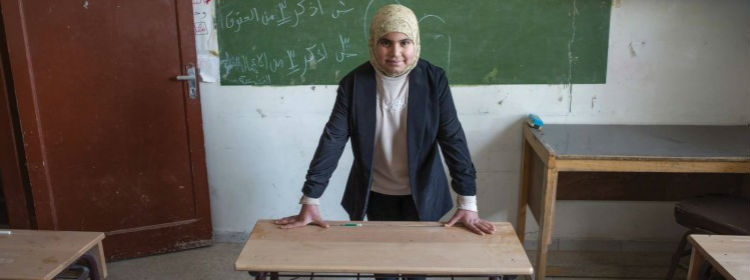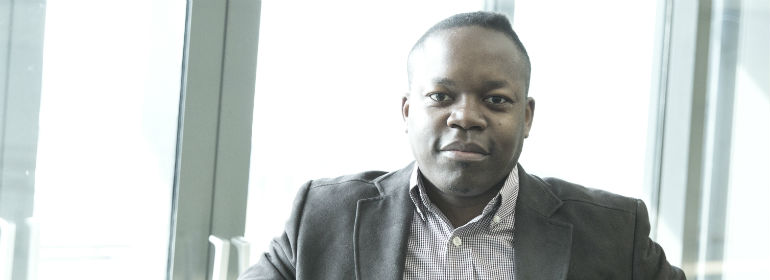Lighting Cameraman
BBC Belfast
Seamus M
0:02 My name is Seamus M and I’m what’s called a camera supervisor, lighting, for BBC Northern Ireland. That job involves the shooting and filming and lighting single camera documentaries, whether it be factual or whether it’s for sport or whether it’s drama, any of those type of genres that would, I’d be shooting and lighting, myself along with the sound man and spark, I also supervise multi camera outside broadcasts, so, for example, this September I’ll be supervising I think it’s a ten camera outside broadcast, which is proms in the park.
00:34 I, I don’t have, I, I don’t have to be a scientist to do my job, or I don’t have, at the BBC there’s people someone who will actually describe themselves as boffins, I don’t have to be a boffin to do my job and to do it well. It is useful to me to understand the technology how it, not really how it works but how it works for me, but I do love the process of filming, I just love taking pictures, I like having ideas that somebody has and interpreting those ideas or having a structure that somebody wants and turn them into a reality, so when somebody sees it on screen, it’s that you bring an added value to each bit of it.
01:02 I enjoyed school I was always interested in sport, and school sometimes was a vehicle for my various sporting interests as well. I wasn’t particularly driven at school and I think that’s because I didn’t have an area I was thinking, this is what I want to do in the future, I kind of drifted along, because I was interested in science subjects and was good at them, I was able to move through school fairly easily, it wasn’t a difficult period, but I can’t honestly say I particularly enjoyed school, no.
01:28 I was artistic but I wasn’t artistically dextrous I wasn’t a painter or a drawer, but I knew when I appreciated things that I really liked seeing the kind of visual beauty, so school didn’t gear me towards that direction in any way, shape or form. But it, my subjects as well were all like science subjects, I was interested in literary things up to my O level year as it was then, which is GCSE’s now, and then for A levels my subjects were all science subjects.
01:53 I think the big turning point was when I was fourteen, I got a present from an uncle of mine, a birthday present. I think it was, of a really good camera and a set of lenses, and for me that started kind of translating my interest in art, cos I wasn’t a painter as I say, but I was always interested in art, that was a turning point for me cos when I look back and see the pictures I took in those days, they weren’t pictures of friends or family or any of those things, they were all landscapes and clouds and things that was interesting or pictures of, you know, just fairly abstract pictures that realistically a fourteen year old shouldn’t have been turning out unless they were gonna end up doing the job like me and that was the turning point, I can identify as that.
02:32 I kind of slipped into university, in the absence of knowing what I wanted to do. When I left university I went and lived in New York for a while at a job, working in New York as a student and when I was there my family, a member of my family, saw a job for a trainee camera operator, as it was then, in the BBC, they saw it in one of their newspapers, and just thought, that would sort of seem the sort of thing that Seamus is interested in and posted it out to me. And when I received it there, I knew straight away this is exactly what I want to do.
03:00 My father was a principal of a school, of a large secondary school and my mum, mother was a physiotherapist. So their interest, you know my interest, my mum was always very interested in art and poetry, my dad was interested in literature and so I’ve always have a quite a sort of a, a background that would have been, would have always embraced the arts, but would not have been in any way involved in the media as such, you know.
03:24 I sometimes see it as an extension of student life, what I do, because the weekends don’t mean, necessarily mean any, are no different to me from say a Monday or a Tuesday, I enjoy my days off, if I’m off on a Tuesday or a Wednesday I like the feeling and seeing people, everybody else is going to work and I’m enjoying my day off. You start, you know you start a new programme or a new project, you might be working on it for eight weeks or six weeks, something like that, but it’s, it’s like a new year for you, it’s not like you’re saying oh here’s another, it’s not, it’s nothing’s ever run of the mill, nothing ever feels like you’re in a production, you know just on a production line, turning out parts for something, you, you do feel that everything is fresh.
Seamus M is a lighting camera supervisor for BBC Northern Ireland and says “I don’t have to be a boffin to do my job and to do it well… I love the process of filming, I just love taking pictures”. When an uncle bought him a camera for his 14th birthday, Seamus discovered his passion for photography and after leaving university he found a trainee placement at the BBC as a camera operator.
More information about Photographers, audio-visual and broadcasting equipment operators
The UK average salary is £29,813
There are 37.5 hours in the average working week
The UK workforce is 47% female and 53% male
Future employment
- Selects subject and conceives composition of picture or discusses composition with colleagues;
- Arranges subject, lighting, camera equipment and any microphones;
- Inserts lenses and adjusts aperture and speed settings as necessary;
- Operates scanning equipment to transfer image to computer and manipulates image to achieve the desired effect;
- Photographs subject or follows action by moving camera;
- Takes, records and manipulates digital images and digital video footage;
- Controls transmission, broadcasting and satellite systems for television and radio programmes, identifies and solves related technical problems;
- Checks operation and positioning of projectors, vision and sound recording equipment, and mixing and dubbing equipment;
- Operates equipment to record, edit and play back films and television programmes;
- Manages health and safety issues;
- Operates sound mixing and dubbing equipment to obtain desired mix, level and balance of sound.
